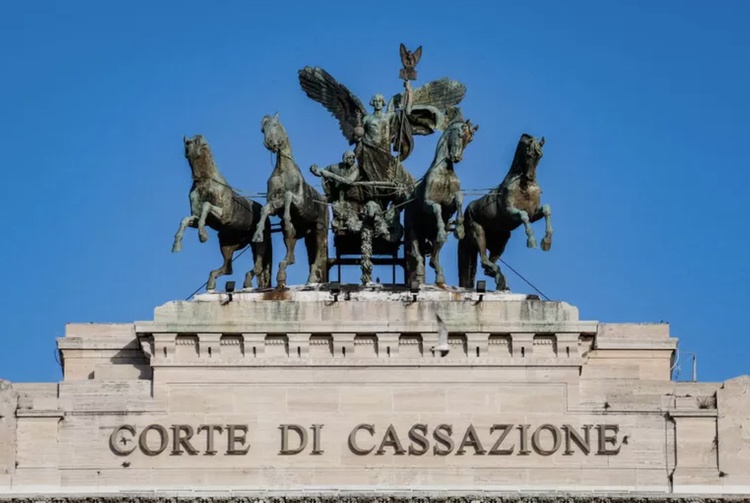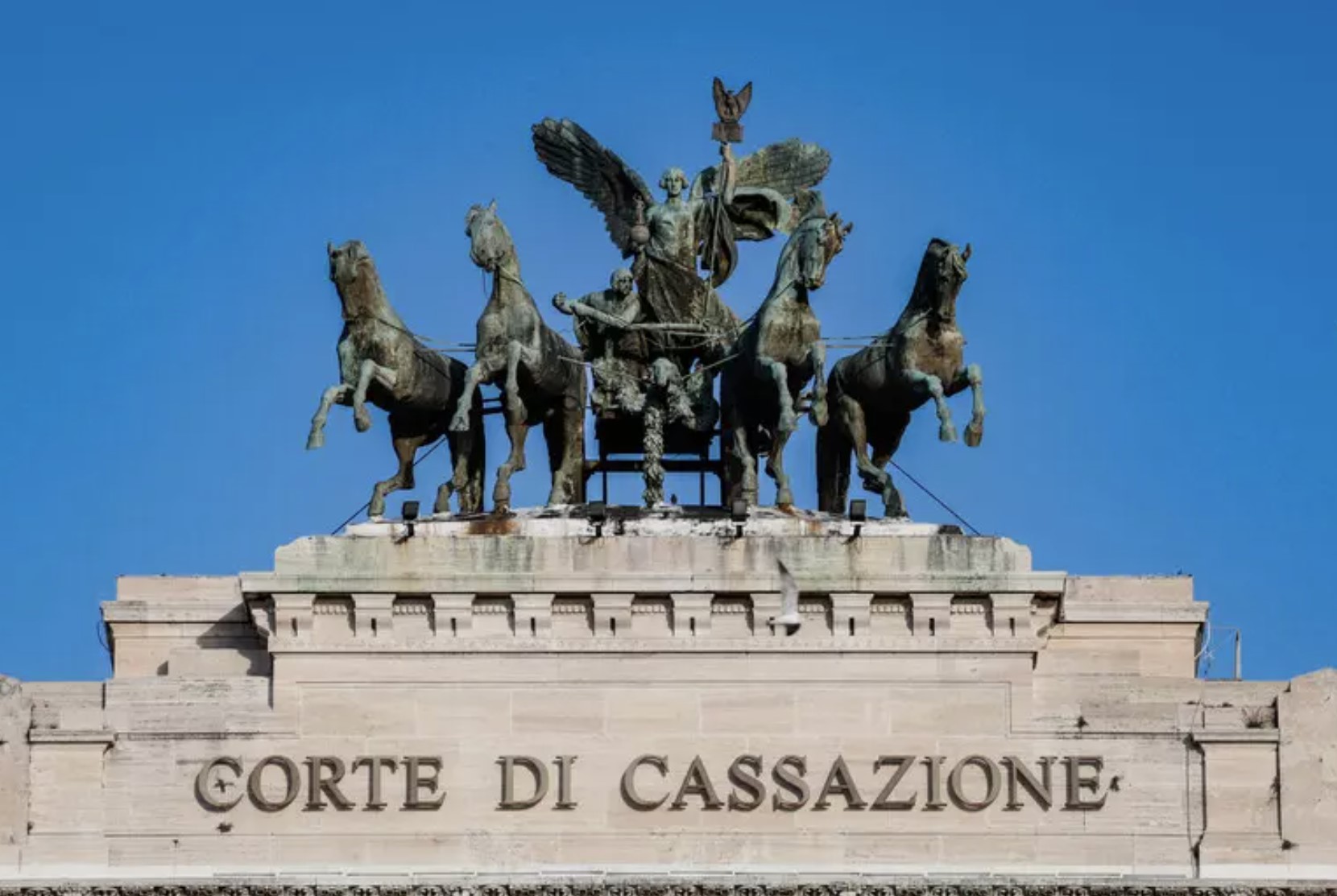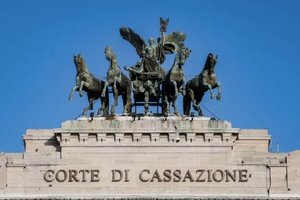The legislation would enable regions to request more power over how the tax revenues collected in their areas are spent.
The central office of the supreme court, as first reported by the online edition of Rome daily La Repubblica, said it was legitimate to request the law’s total cancellation.
The sentence was issued after the Constitutional Court said last month that it considered some parts of the law “illegitimate”.
The Cassation’s decision, illustrated in a 30-page sentence, specifically regarded two possible outcomes of the referendum.
One to completely abolish the measure, which was accepted, and the other on its partial abrogation, which was rejected.
The final word will now go back to the Constitutional Court.
“We are satisfied, we want to completely abolish this unfair law and an important confirmation that this referendum can be done has come from the Cassation,” the deputy president of the national committee against differentiated autonomy, labour union UIL confederal leader Ivana Veronese, told ANSA.
“Now we are waiting for the Constitutional Court to rule in January over the total admissibility [of the referendum],” she said.
Last month, the Constitutional Court said that assertions claiming the entire concept of ‘differentiated autonomy’ was unconstitutional were “not founded”.
The court added, however, that it did consider specific parts of the law “illegitimate”.
The court examined the law after some regional governments raised objections to it.
Opposition parties say the law is a threat to national unity and will worsen Italy’s north-south divide to the detriment of poorer regions in the south.
They have collected the signatures necessary for the referendum on abolishing the law.
Democratic Party leader Elly Schlein responded to the court decision by saying, “Cabinet should stop, it should halt negotiations and abolish this text, to recover credibility after the blunder of presenting a reform taken apart by the Court.”
Meanwhile, Veneto Governor Luca Zaia said that supporters of differentiated autonomy should refrain from voting in any potential referendum.
“If there's a referendum, I think it is fundamental that those who believe in autonomy should not go to the polls,” he said.
“It seems logical to me, given that this is a referendum with a quorum.
“So, this is the point that will decide the game.”
One of the issues raised by the Constitutional Court regarded the legitimacy of the minimum levels of service that must be provided by all regions nationwide being updated via a decree issued by the prime minister.
Another issue regarded “optionality for the regions receiving devolution, to contribute to public finance objectives, rather than the obligation to do so, with consequent weakening of the bonds of solidarity and the unity of the Republic”.
The court said it was up to parliament to resolve the issues it has identified.
ANSA











